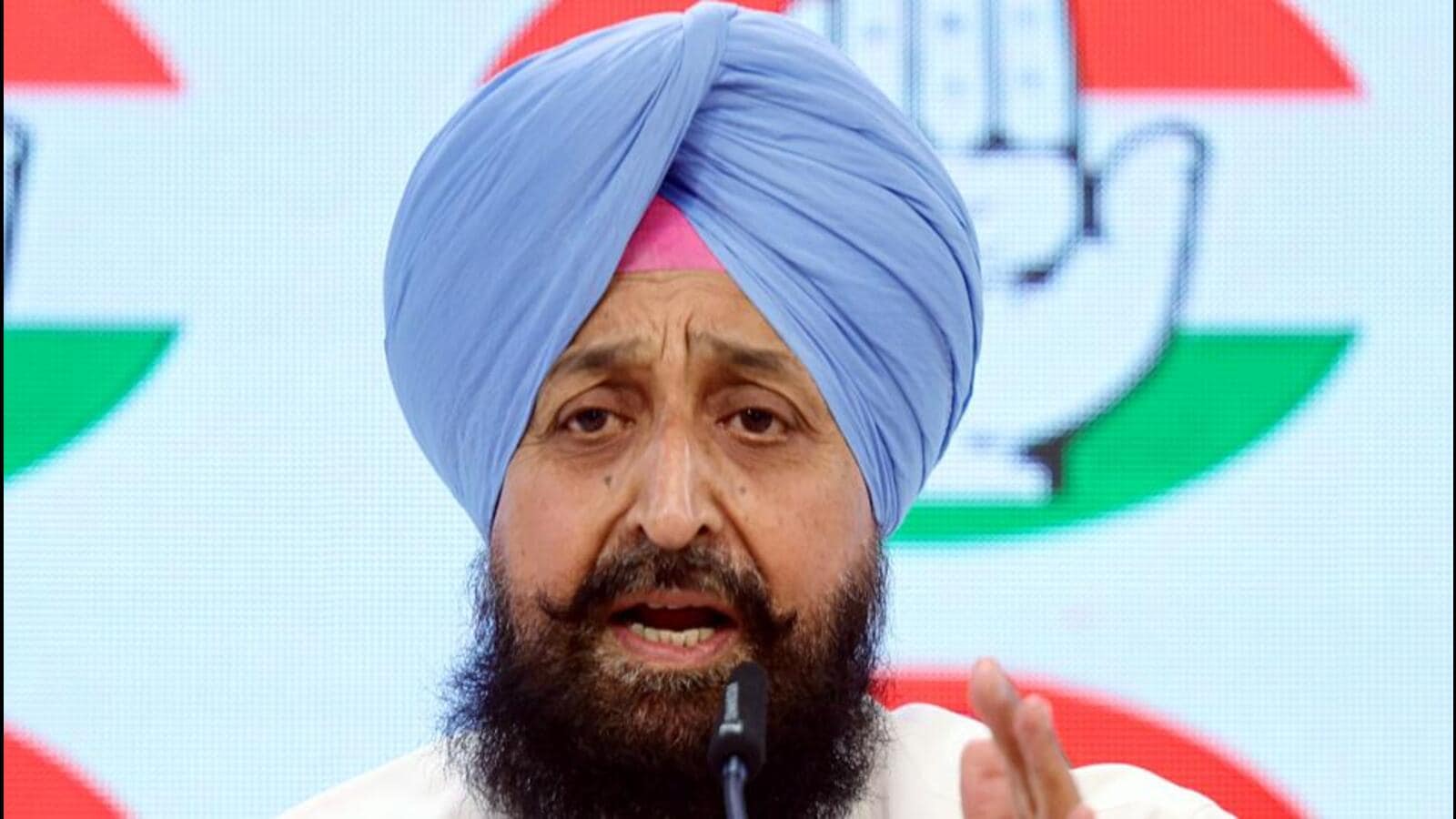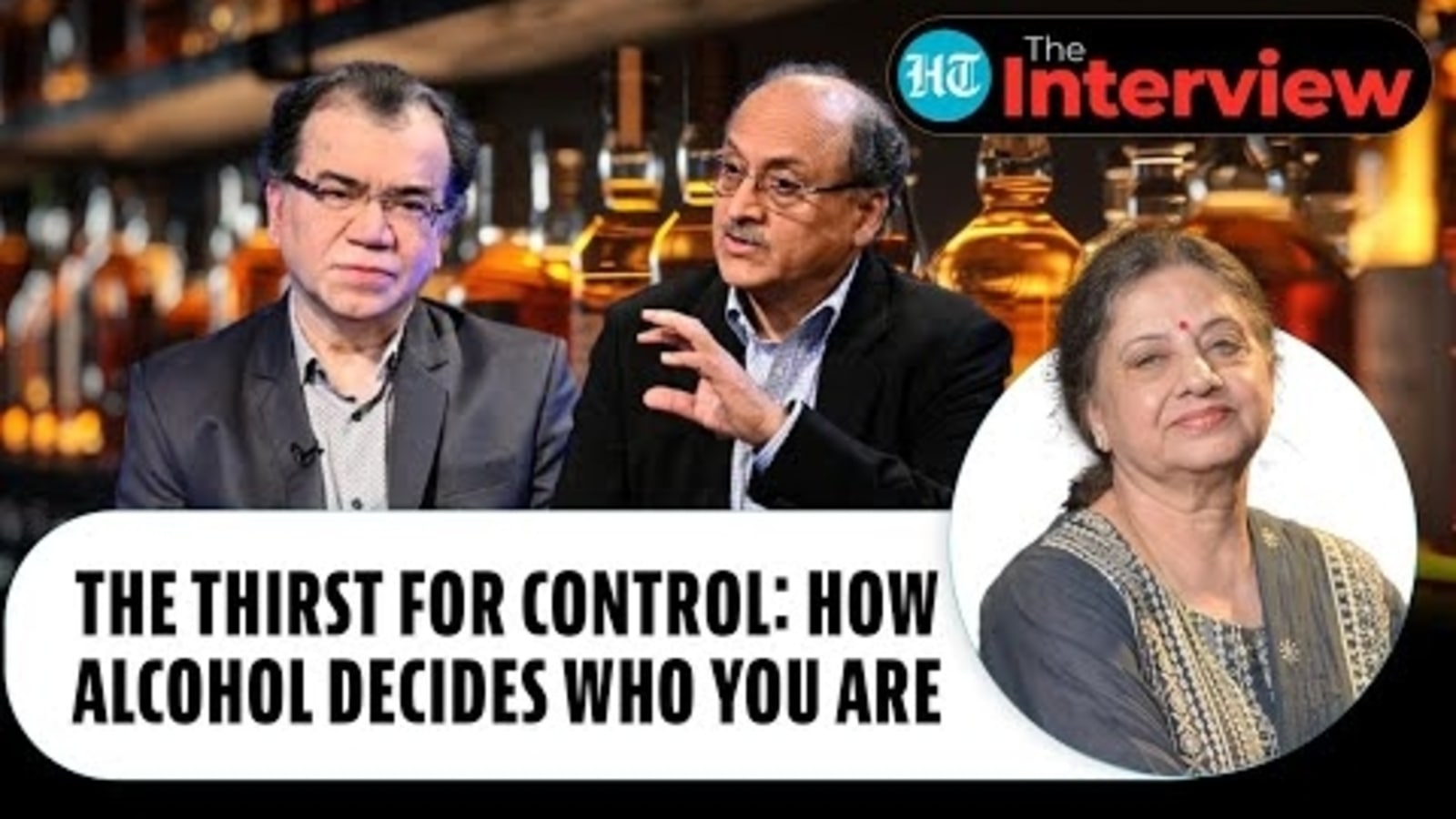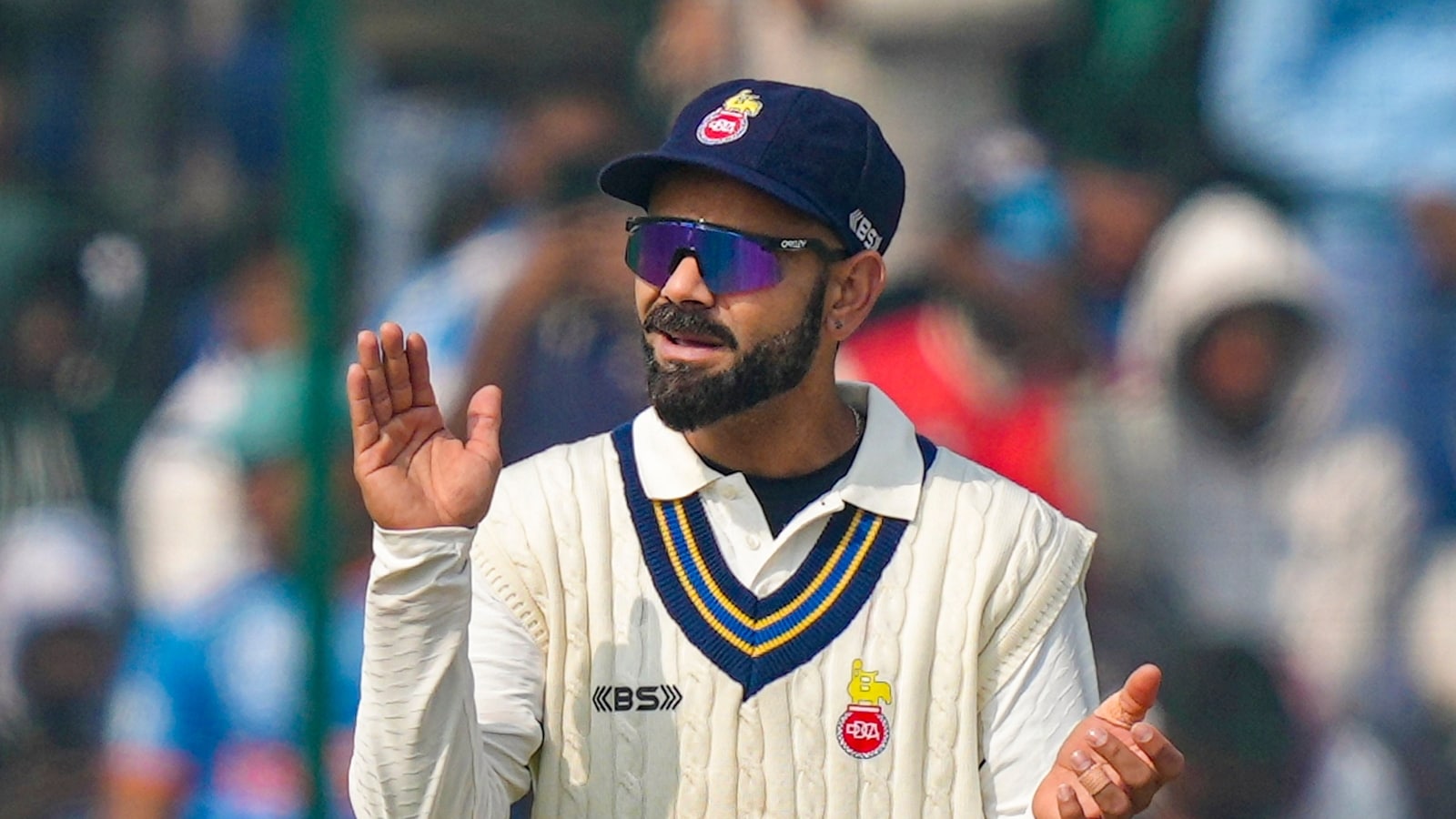A senior observer of the Congress for the Haryana elections, the Punjab assembly Leader of Opposition Partap Singh Bajwa spoke to Saubhadra Chatterji about the party’s prospects, the wrestling factor, factionalism in the party, and the Congress’s inability to stitch an alliance with the AAP, among other issues. Edited excerpts:

In the Lok Sabha polls, the Congress did well in Haryana and other parts of north India. Do you see the elections of Haryana and J&K as a decisive factor for the Congress to regain lost ground in north India?The Lok Sabha polls demonstrated that Congress has a strong base in Punjab and Haryana, and the upcoming assembly elections in Haryana and J&K are indeed pivotal for consolidating that position. The Congress’s path to resurgence lies in its ability to reconnect with grassroots issues, provide a viable alternative to the BJP’s misgovernance model, and reassert its historical legacy as a party for all communities. The victories in these regions will send a powerful message that the Congress is poised to regain its stature as the dominant force in politics of northern states.
For the past 10 years, you’ve been out of power in Haryana. What gives you hope that the Congress will do well?The current political landscape is marked by growing disenchantment with the BJP government. The agrarian crisis, farmer protests, and rising unemployment have left people yearning for change. The Congress has been able to channel public sentiment by focusing on issues that affect daily lives, such as economic distress, social justice, and equitable development. These elections are about restoring faith in governance, and Congress has the right blend of experience and vision to steer Haryana forward.
In the last round of assembly polls, the Congress suffered surprises in MP and Chhattisgarh. How can you ensure that won’t happen in Haryana?Lessons have been learned from the setbacks in MP and Chhattisgarh, and the Congress is taking a more strategic, data-driven approach in Haryana. We are relying on microtargetting of voters, robust booth management, and uniting all factions under a common cause. The focus is on cohesion, which means engaging grassroots workers, energising the youth, and ensuring that our message resonates across all demographics. Most importantly, we’re emphasizing real, tangible issues that affect people’s daily lives, ensuring that voters see Congress as the party of solutions, not just rhetoric.
How big is the wrestlers’ issue in Haryana? The former WFI chief Brij Bhushan Sharan Singh’s won his seat in UP despite the controversy.The wrestlers’ issue is significant in Haryana, given the state’s pride in its sports heritage. The mistreatment of these athletes, who are seen as the daughters of the nation, has created a profound sense of betrayal, especially among women voters. While Brij Bhushan’s son winning might reflect specific local political dynamics, it does not diminish the larger sentiment of anger and discontent. Women voters in Haryana are particularly outraged by the treatment meted out to these brave athletes, and this will be reflected at the polls. The BJP will learn a hard lesson, as women are expected to vote in large numbers for Congress, seeking justice and dignity for the wrestlers.
Though Rahul Gandhi wanted to have an alliance with AAP, the party ultimately rejected it. Do you think it will hurt the party’s prospects?The Congress is fully capable of contesting and winning on its own merit. The ground reality is that Congress has a deep-rooted organisational structure in Haryana, which the AAP lacks. Moreover, the voters in Haryana understand the distinct political identities and objectives of both parties. Our focus remains on addressing the concerns of the people, and we are confident that they will recognise Congress as the only party with a vision for inclusive development.
What is your plan to go beyond the Jat voters?The Congress has always been a party that transcends caste lines, and our approach in these elections is to appeal to a broad spectrum of voters, including non-Jat communities such as Dalits, OBCs, and the urban middle class. Our message of social justice, economic reform, and farmer welfare resonates across demographics. We are also paying attention to younger voters, who are looking for job opportunities and a corruption-free future. By focusing on universal issues and ensuring representation across all communities, we are working to create a coalition that reflects the diversity of Haryana.
Factionalism is a big issue in Haryana Congress. As a senior observer, how do you tackle it?Factionalism can be challenging, but it is being actively addressed. We are ensuring that all leaders are aligned with the larger goal of winning the election. Regular communication and conflict resolution mechanisms are in place to ensure that personal ambitions do not interfere with the party’s collective objective. Unity, discipline, and coordination are the cornerstones of our strategy in Haryana.
Some people say that the BJP has got its caste alliance right — upper-caste voters plus OBC CM. They believe the changing of the CM has worked well. Your comments.The BJP’s strategy may seem successful on the surface, but its caste-based politics has its limitations. Such alliances may work temporarily, but they do not address the root causes of people’s concerns — like unemployment, agrarian crisis, and economic growth. The Congress, on the other hand, offers a more sustainable and inclusive vision, focusing on policies that uplift all sections of society rather than relying on divisive caste equations. Congress believes in working harmoniously with all 36 biradaris, ensuring inclusive growth and governance that benefits every section of society, rather than focusing on selective caste alliances.






